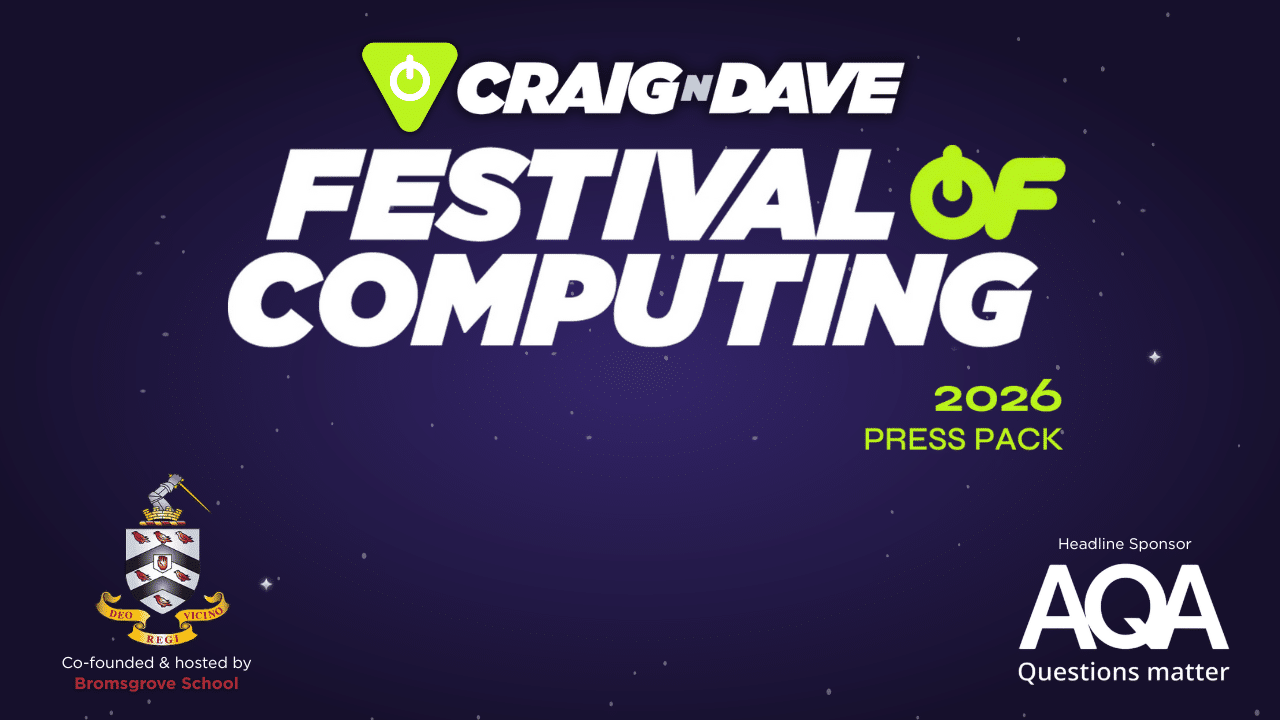
14 November 2025
From GCSE computing to AI qualifications: unpacking the curriculum and assessment review.
If you’ve been anywhere near education news lately, you’ll know that the Curriculum and Assessment Review (CAR) has landed — all 180 pages of it (plus a hefty 61-page government response for good measure). It’s the most significant look at the education system from ages 5 to 18 in over a decade. And if that sounds like a lot to digest, don’t worry — we have done the reading so you don’t have to.
Let’s check out what this means for computing teachers, students, and schools across the UK and break down the key takeaways.
GCSE Computing replaces GCSE Computer Science
One of the biggest announcements is the shift from GCSE Computer Science to GCSE Computing. At first glance, it’s just a word change — but it’s much more than that. The new qualification aims to better reflect the breadth of the digital world by combining computer science, IT, and digital literacy.
That means programming and algorithms will still be at the heart of the course, but there’ll be a stronger emphasis on digital skills and critical application — preparing students for a world where tech is integral to every industry.
A new qualification in AI and data science?
There’s also talk of a new Level 3 qualification in Data Science and AI. While it’s not confirmed whether this will be an A-level or T-level, it signals an exciting potential pathway for students keen to explore cutting-edge technology in more depth.
Academies to follow the national curriculum
Another big change: academies will be required to teach the national curriculum. This levels the playing field so every student receives the same core education — including computing — no matter where they are in the country.
NEA changes and assessment reform
Non-examined assessments (NEAs) will only continue where they’re essential. For computing, that means no return of coursework-style assessments at GCSE, though there’s still debate around whether they’ll remain at A level. The government has also made it clear that externally marked exams remain the fairest and most reliable assessment method, particularly in the age of AI.
A new era for digital literacy
Digital literacy will take on a far greater role, not just in computing, but across the entire curriculum. Expect more clarity on what “digital literacy” actually means, and a renewed focus on preparing students for life and work in a tech-driven world.
The changes will roll out gradually — with new programmes of study expected by 2028 and the first teaching of new GCSEs in 2029.
But one thing’s clear: this shake-up is set to reshape computing education for the next generation.
A modern holistic curriculum
This will be the most modern and holistic National curriculum to date. No subject sits in a vacuum, and this is no more true than in Computing, where so much of what we do is transferable to other subjects. It is clear for example, that some subjects, digital methods now influence the content and how it is taught.
Where it does, the government will include a requirement for the relevant digital content in those subjects’ programmes of study and will ensure that it aligns with the computing curriculum, to reduce the risk of duplication.
Broader still, the National curriculum revised programmes of study will prioritise core concepts in each subject and make sure they are coherent within and across subjects.
To enable this, the new National Curriculum will be an online, machine-readable and interactive. It will visually represent the links within and between subject areas and gives connections to prior learning, helping teachers to contextualise learning across traditional subject boundaries.
🎥 Want to hear Craig and Dave’s full breakdown?
Watch the video now for their insights, discussion, and a free downloadable summary of the CAR report – Curriculum and Assessment Review Summary
💻 Explore more resources, updates, and teacher support at craigndave.org











